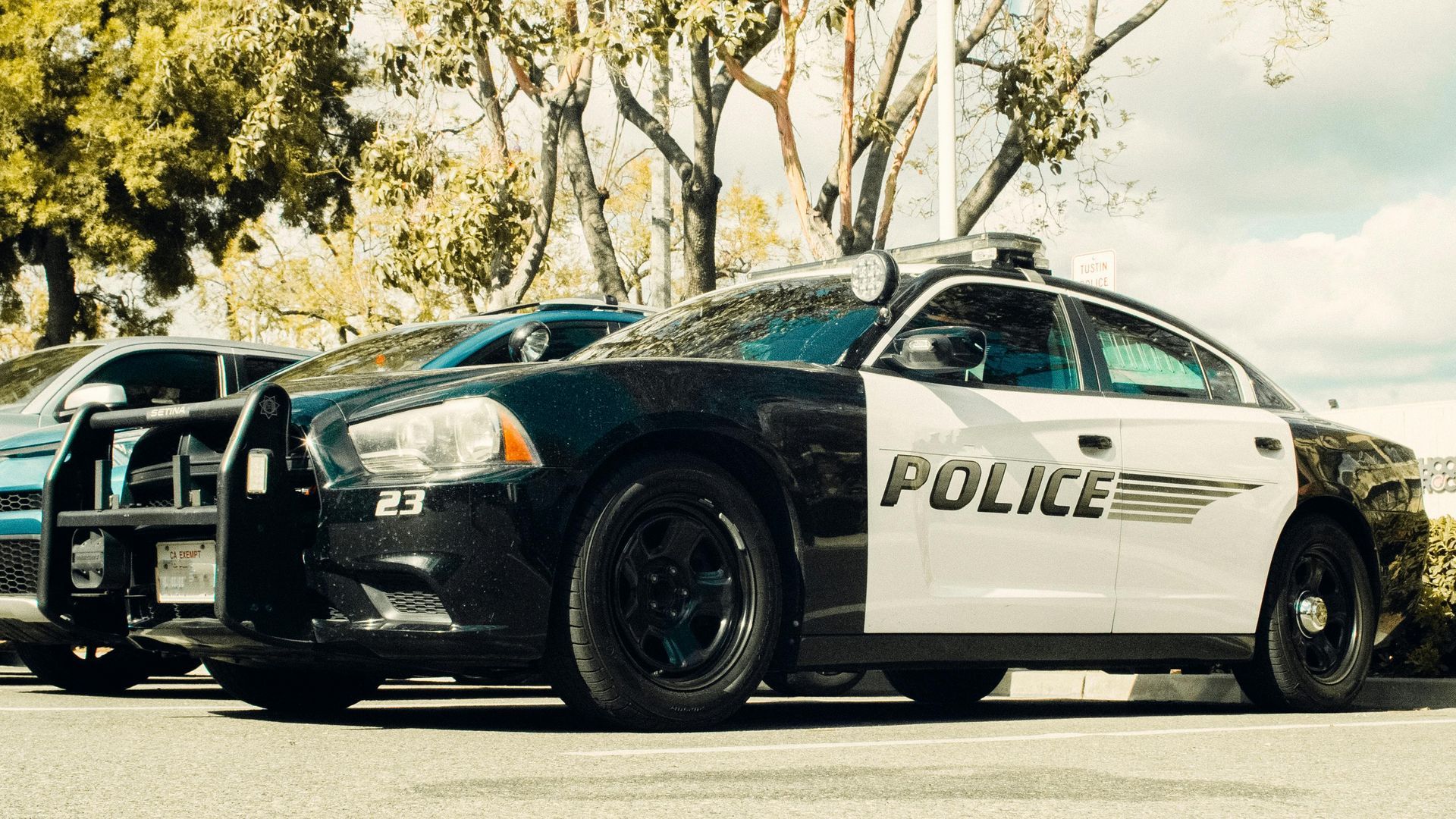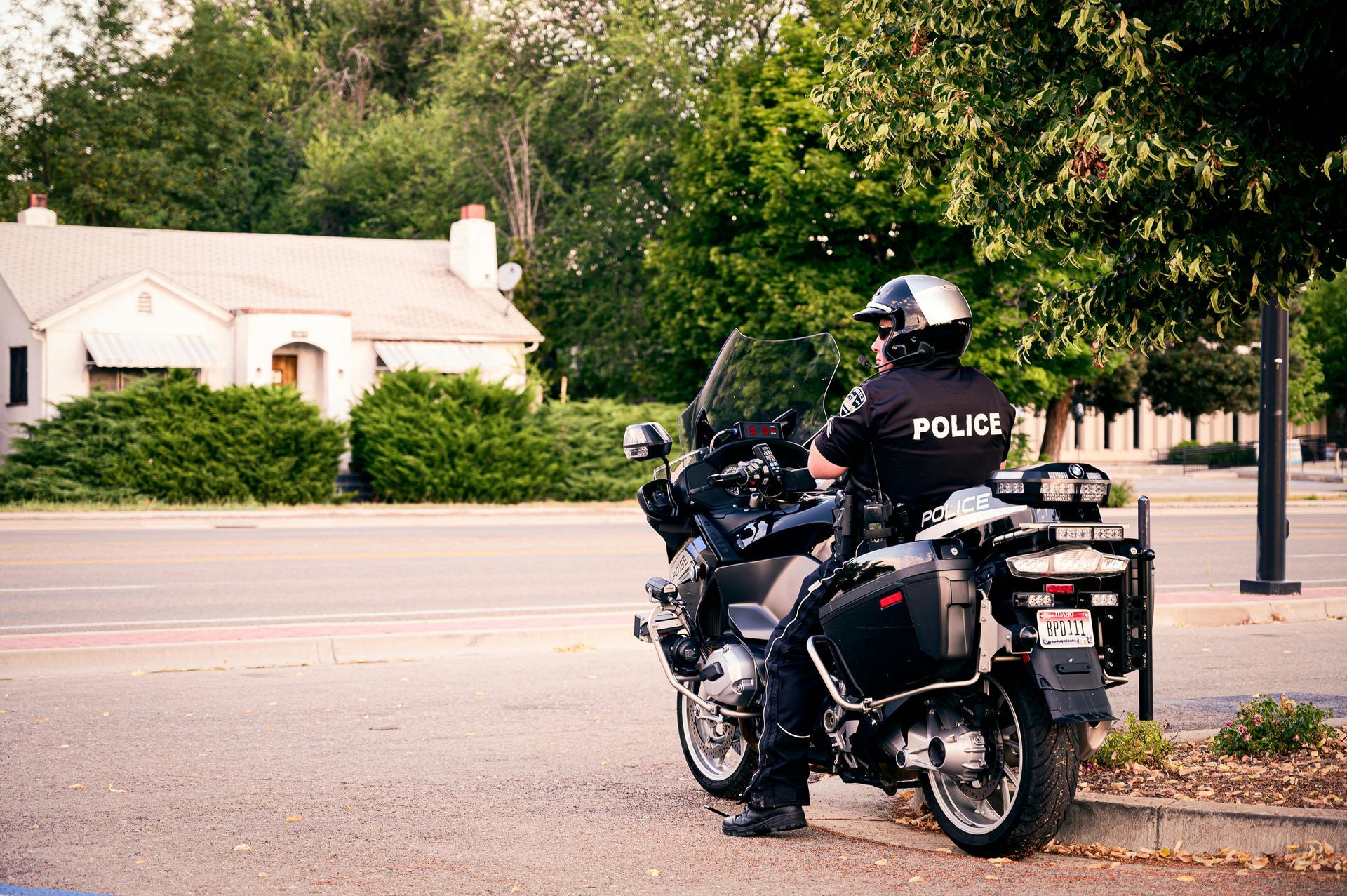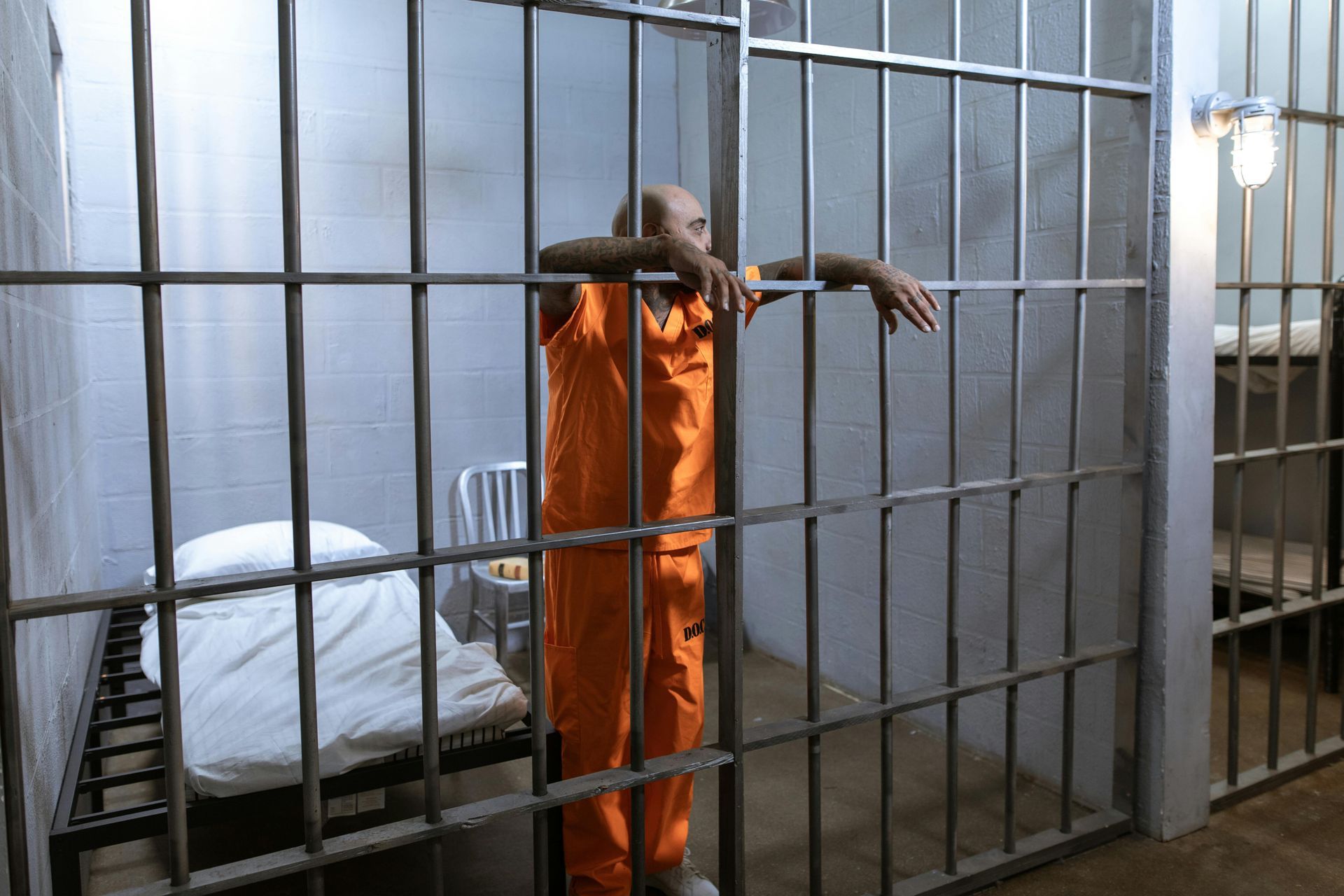Understanding California Gun Laws: Who Cannot Own a Firearm in San Diego?
Understanding California Gun Laws: Who Cannot Own a Firearm in San Diego?
The right to bear arms has been a controversial topic in recent years, and with the increasing number of mass shootings, it’s become a major concern for law enforcement and government. California has some of the most stringent gun laws in the United States, and it’s important for California residents to stay informed about the laws in their state. If you live in San Diego and are wondering who cannot own a firearm, this blog post is for you.
Prohibited People
California law forbids certain individuals from owning a firearm. The following groups of people fall into the prohibited persons list:
- Individuals convicted of a felony offense (whether in California or any other state)
- Individuals addicted to narcotics
- Individuals found to be mentally incompetent by a court
- Individuals who are subject to a restraining order or protective order
- Individuals dishonorably discharged from military service
There are other criteria that California law considers for individuals who cannot own a firearm, so if you are unsure about your eligibility, it’s best to consult with an attorney.
Firearm Ownership Requirements
In addition to the prohibited persons list, California also has specific requirements for those who can own a firearm. The requirements include:
- Being over 21 years of age
- Passing a background check
- Completing a safety course on firearms
- Waiting 10 days after purchasing a firearm before taking possession of it
- Storing firearms in a locked container or with a locking device
How an Attorney Can Help
The laws around firearm ownership are complex, and it can be difficult to navigate them without legal expertise. If you are facing weapon charges in San Diego, it’s important to work with an experienced attorney who can help you build a strong case and defend your rights.
At Email My Lawyer, we offer legal assistance to individuals facing firearm charges in San Diego. Our team of attorneys has years of experience defending clients in criminal cases, and we understand the nuances of California’s gun laws. Reach out to us to schedule a consultation and discuss your legal options.
In conclusion, it’s essential for California residents to understand who can and cannot own a firearm in San Diego. If you fall into one of the prohibited persons categories or are uncertain about your eligibility, it’s best to consult with an attorney. At Email My Lawyer, we stand ready to provide the legal assistance you need to defend your rights and build a strong defense. Contact us today to learn more about our experience and how we can help you.










